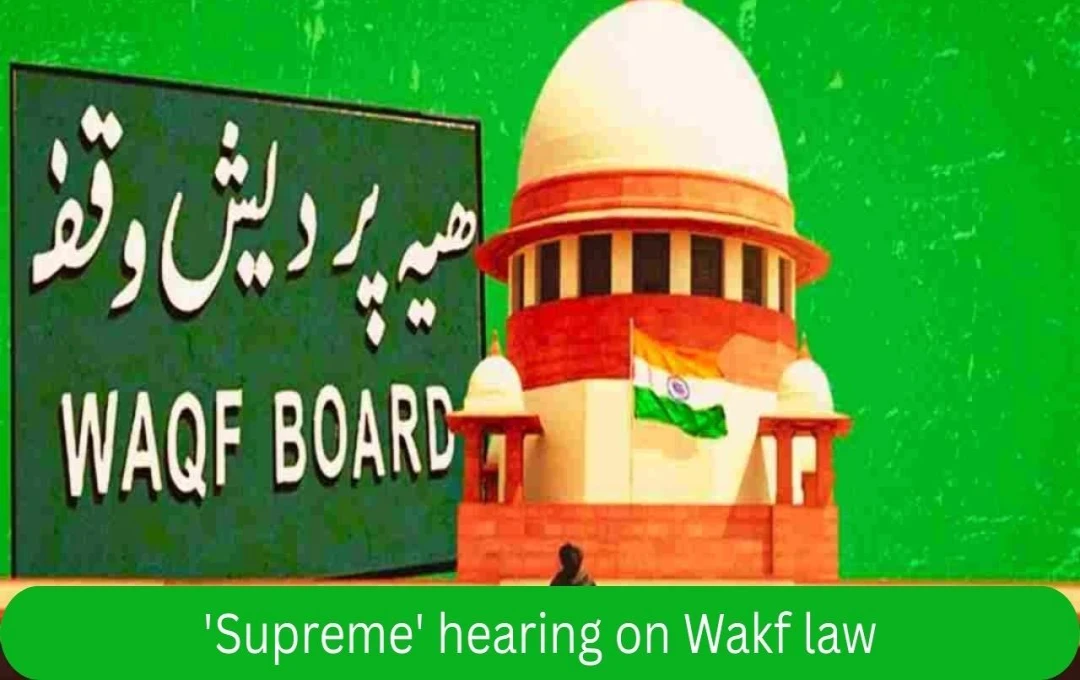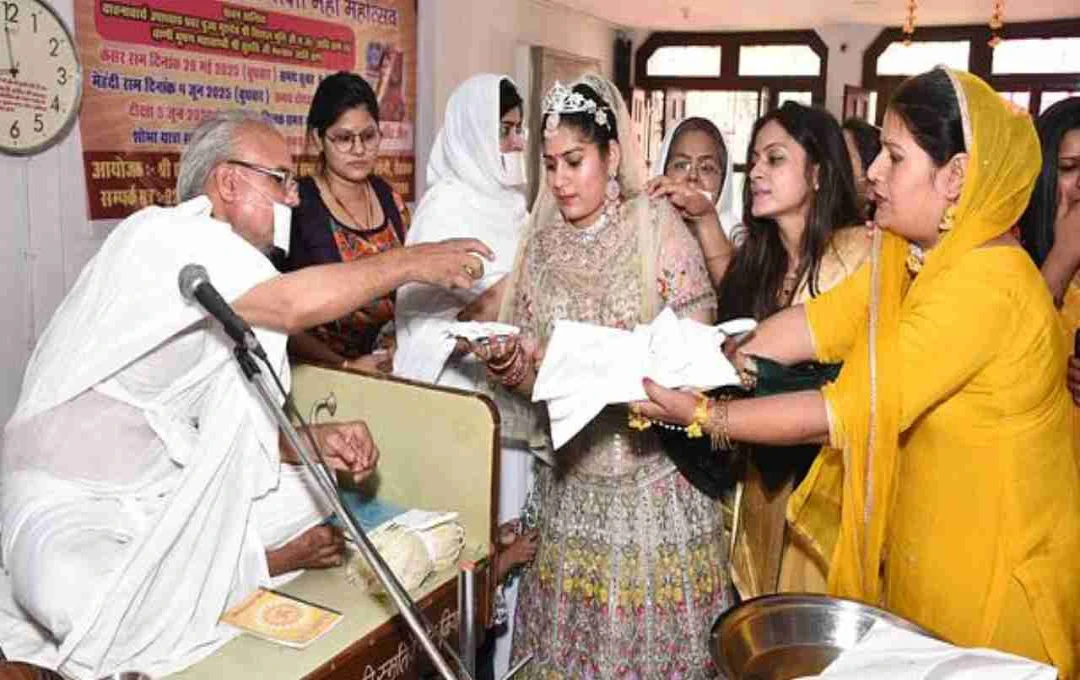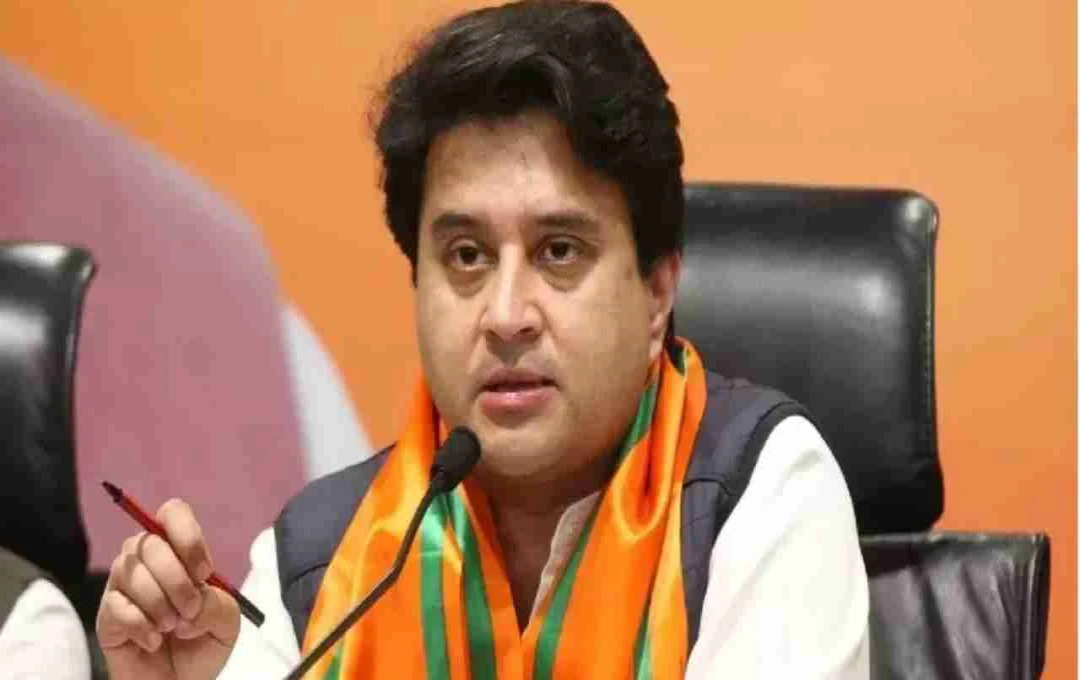A significant hearing regarding the Waqf Act is scheduled for today in the Supreme Court. A two-judge bench, comprising Chief Justice of India (CJI) Sanjiv Khanna and Justice P.V. Sanjay Kumar, will commence proceedings at 2 PM. The bench will hear a total of 10 petitions filed both in support of and against the Waqf Board.
Waqf Act 2025: A major constitutional dispute has arisen concerning the Waqf Act in India. The Supreme Court will hear this contentious issue today, with the CJI Sanjiv Khanna and Justice P.V. Sanjay Kumar presiding over the hearing of 10 crucial petitions related to the Waqf Act, starting at 2 PM.
While over 70 petitions have been filed in court, some seek to declare the Waqf Amendment Act 2025 unconstitutional and have it completely annulled, while others appeal for an immediate stay on its implementation.
Understanding the Waqf Act Dispute in 10 Key Points
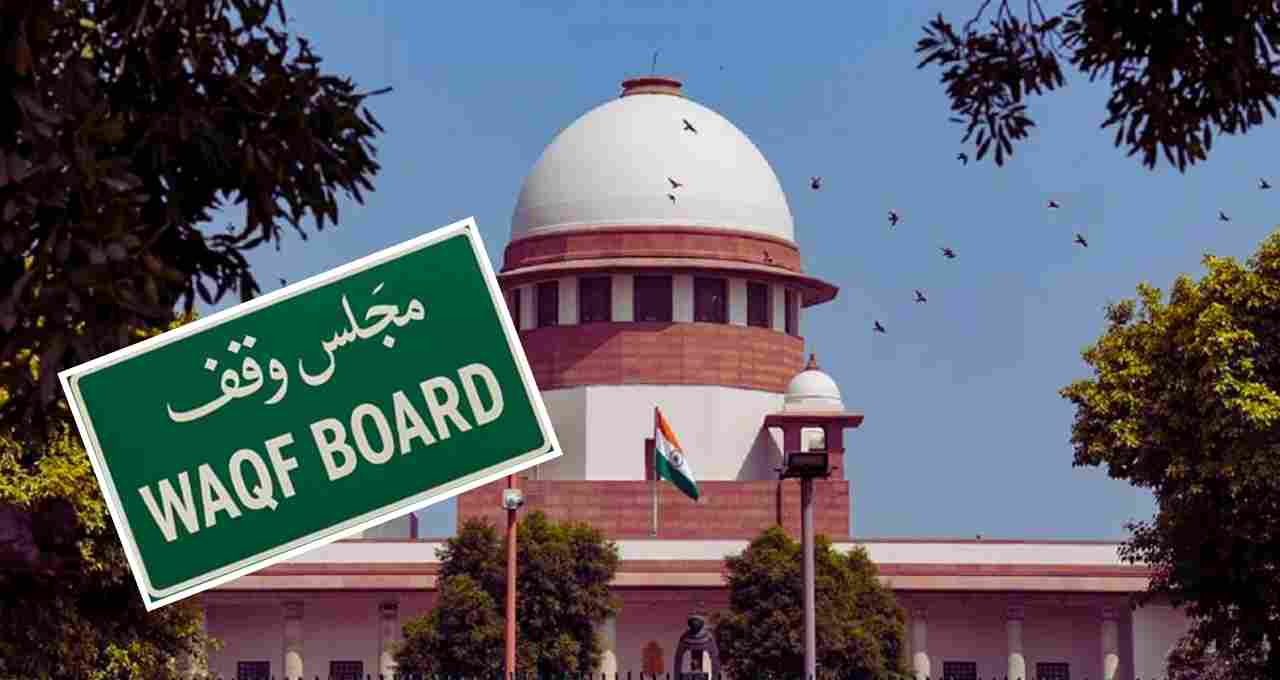
1. The Issue at Hand
The Waqf Board Amendment Act 2025, passed by Parliament on April 4, 2025, received presidential assent on April 5 and came into effect on April 8. This law has sparked widespread protests and petitions across the country.
2. Petitioners
Prominent leaders and organizations that have filed petitions in the Supreme Court include AIMIM chief Asaduddin Owaisi, AAP MLA Amanatullah Khan, RJD MP Manoj Kumar Jha, Jamiat Ulema-e-Hind, All Kerala Jamiatul Ulema, and the Association for Protection of Civil Rights.
3. Allegations
Petitioners argue that the new law eliminates the constitutional protection afforded to Waqf properties and discriminates against Muslims.
4. AIMIM's Argument
Owaisi argued in court that removing the protection granted to Waqf properties while granting exemptions to properties of other religions violates Articles 14 and 25 of the Constitution.
5. AAP MLA's Objection
Amanatullah Khan stated that including non-Muslim members in the Waqf Board is against the autonomy of religious institutions.
6. Government's Stance
The central government maintains that the law only pertains to the management of Waqf properties, not religious affairs. The government argues that the amendments are necessary for transparency and the welfare of the poor.
7. States' Position
Seven states, including Haryana, Madhya Pradesh, Assam, Maharashtra, Rajasthan, Chhattisgarh, and Uttarakhand, have filed petitions in support of the law.
8. Parliamentary Process
The government claims the bill was drafted based on the recommendations of a Joint Parliamentary Committee and incorporates several opposition suggestions.
9. Nationwide Protests
Protests against the amendment law have taken place in several parts of the country. The most violent protests occurred in West Bengal, where three people died in the ensuing violence.
10. Mamata Banerjee's Announcement
West Bengal Chief Minister Mamata Banerjee has declared that the Waqf Amendment Act will not be implemented in the state.
What Lies Ahead?
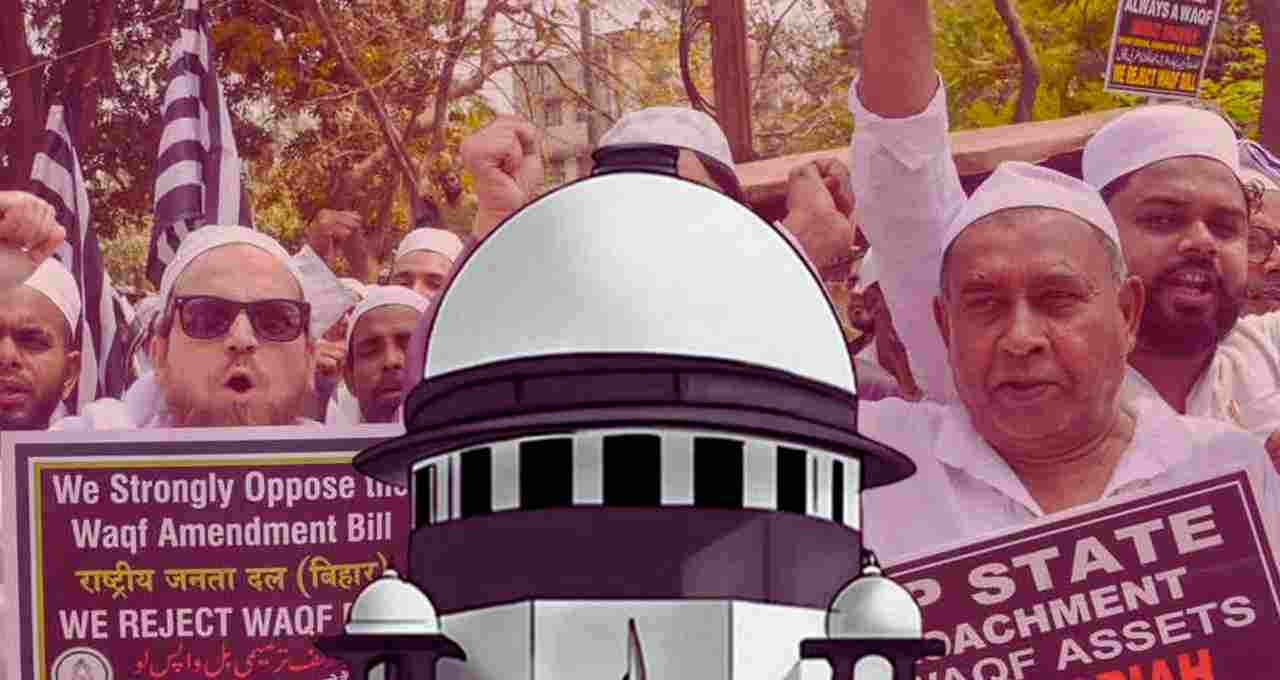
Today's hearing will determine whether the court will impose a stay on the law. The validity of the law will also be reviewed based on constitutional articles. The outcome will impact not only the Muslim community but also the religious and constitutional balance in India. This case could spark a global debate on the balance of India's religious and constitutional framework, minority rights, and the concept of secularism.
This is not only a test of the balance of the Indian judicial system, but organizations monitoring minority rights worldwide are also watching closely.
